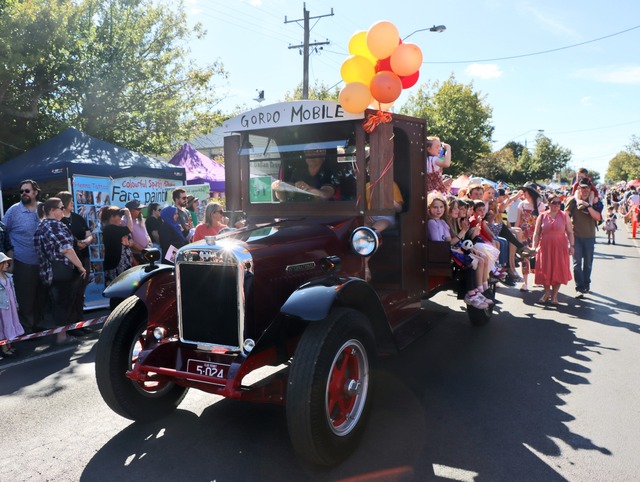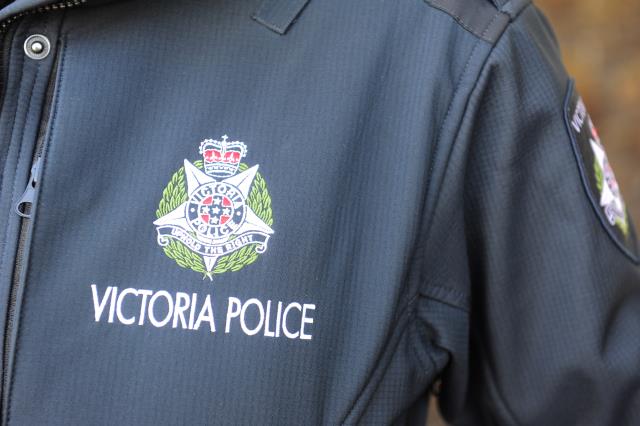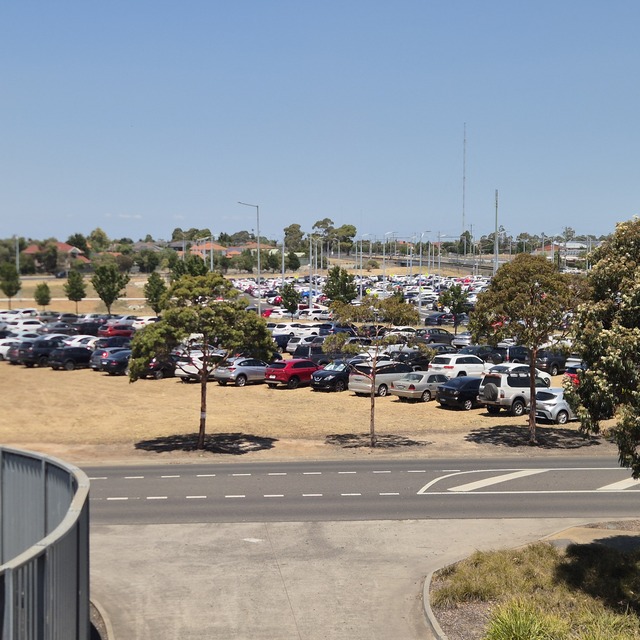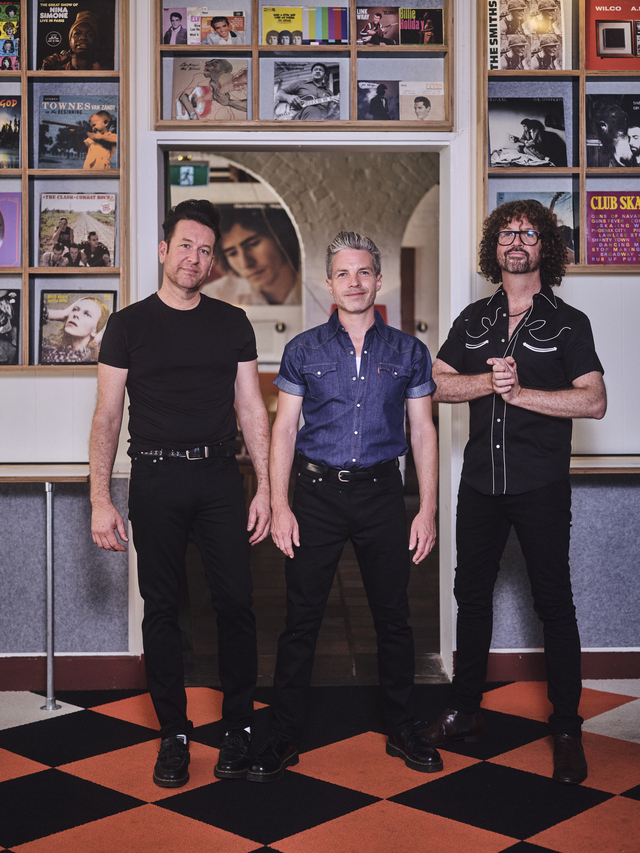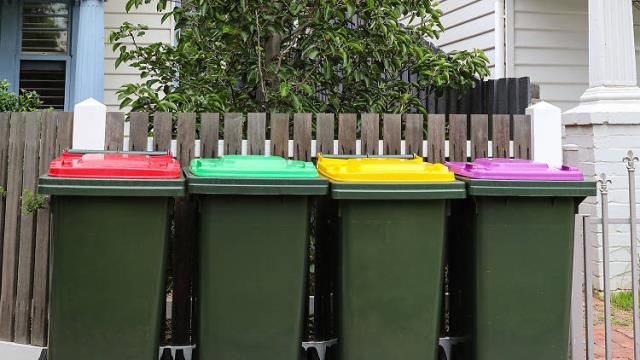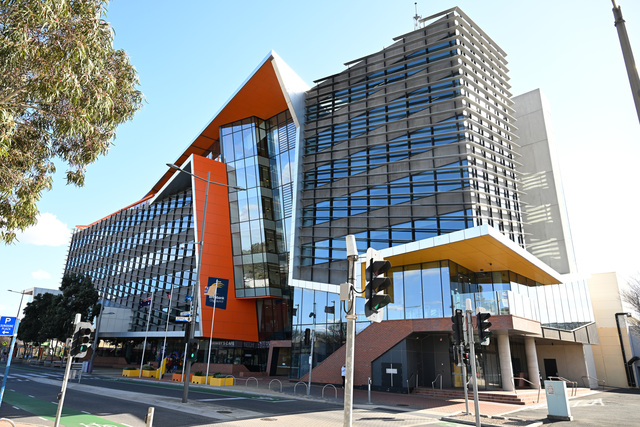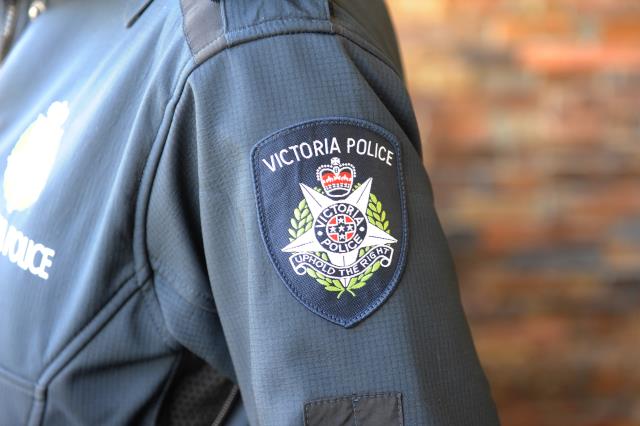A plan to cut hundreds of bus services on key routes in Melbourne’s west and north has been dumped by the Andrews government.
The changes, proposed last year by bus operator Transdev, would have taken 433 weekly bus services away from routes in the city’s west and north, a cut of more than 20 per cent, to add capacity to popular routes in the outer east.
Some western suburbs routes would have switched from 15-minute frequencies to a bus every half-hour.
But Public Transport Minister Jacinta Allan announced on Tuesday that Transdev’s proposal would not proceed, after a report in The Age that outlined the impact of the planned cuts.
“Demand for buses is growing faster than any other mode of transport, and we need to make sure they continue to meet the needs of our community,” Ms Allan said in a statement.
“Rather than cutting buses in one area to increase buses in another, the Andrews Labor government will develop a more balanced bus network plan in consultation with the community.”
Under Transdev’s proposal, Melbourne’s three popular orbital bus routes would have been broken up into several shorter runs, and cross-city services split so that they terminate in the CBD. The changes were announced late last year and were originally meant to have taken effect this weekend.
Public Transport Victoria and Transdev will instead be directed to come up with a new plan in consultation with communities.
“Cutting buses, particularly without proper consultation, would leave people isolated and without access to the services they plan their lives around,” the government said.
Since winning office in November the Andrews government has put a stop to a number of transport plans and projects devised under the former Napthine government.
Last month it cancelled the $2.5 billion Cranbourne-Pakenham rail corridor upgrade project, an unsolicited bid put forward by Metro, Melbourne’s rail operator, and announced its own plans to improve services on the rail corridor.
It also scrapped the 18-kilometre East West Link project after contracts were signed by the former government to build the $6.8 billion first stage of the road.






